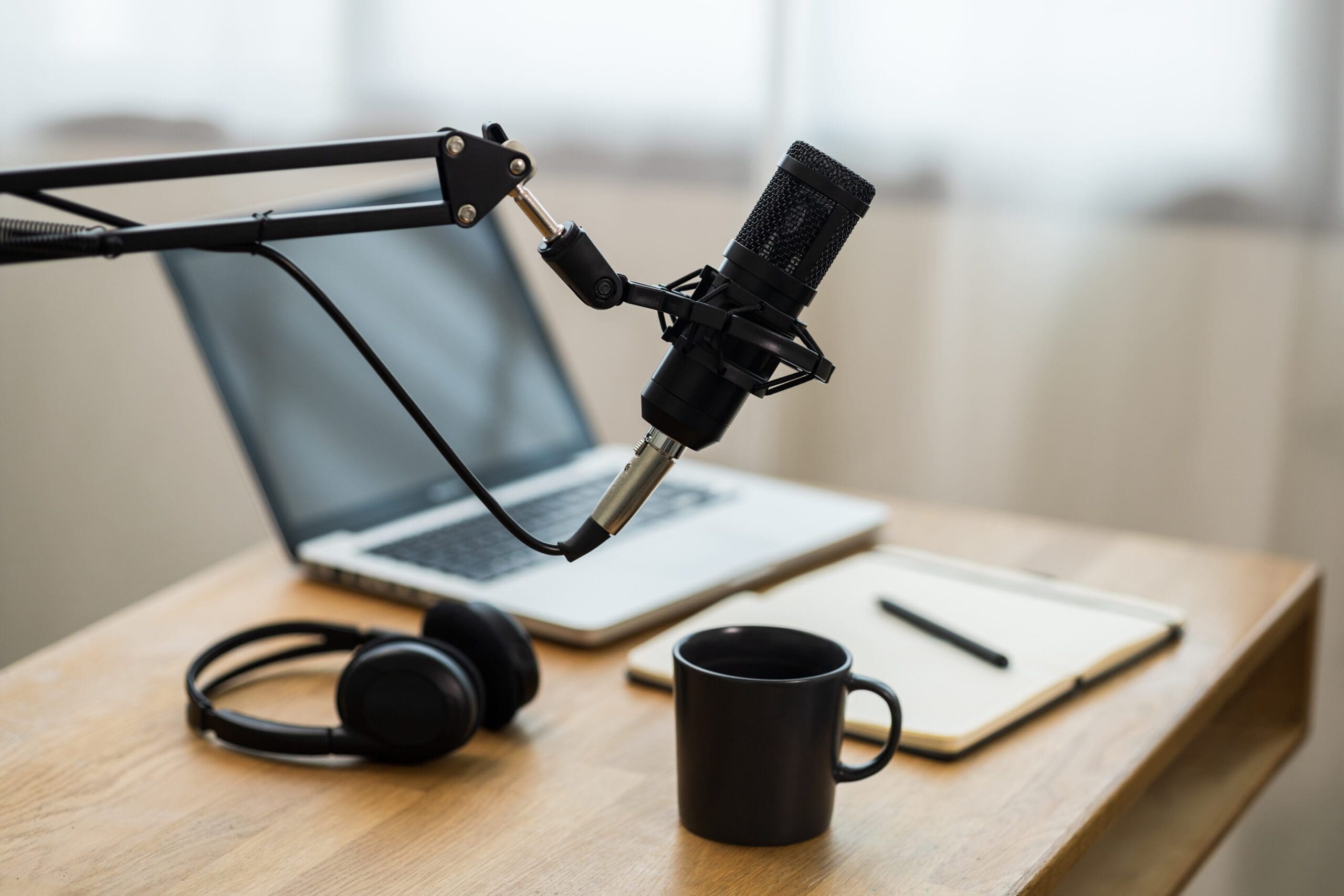This guest blog is an excerpt from Dr. Peggy Doherty DeLong’s book, Feeling Good: Thirty-Five Ways to Happiness, Even During Tough Times. In Chapter 18, she explains how research shows that writing/journaling can help you be happy, especially when you’re dealing with stress.
Journaling helps us to process difficult emotions and experiences. All you need to journal is a piece of paper, a pen or pencil, and your thoughts and emotions. Writing down your reactions to what happens during the day will help you to process your feelings and make sense of them, which helps you release them. Journaling is also a helpful therapeutic activity when you cannot be with others, late at night or away from home.
Some people journal for entertainment. Others journal to chronicle and remember events. Journaling can also be used for mental health purposes. Journaling helps to identify negative thought patterns or “cognitive distortions” and critical self-talk. This is very effective, as negative thoughts are often the root of depression and anxiety. Research has demonstrated that journaling has been effective for reducing symptoms associated with depression and trauma.
People have better psychological and physical outcomes when they write about emotional, stressful, or traumatic events, compared to people who wrote about neutral events. Writing about these thoughts, feelings, and experiences exposes people to them, thereby diminishing their power, negative impact, and hold that they can have on people, particularly when people are using denial and avoidance as coping methods.
Journaling can also be used to generate positivity. You can create a journal similar to a collection of A.W.E.S.O.M.E. files (Achievement, Wisdom, Empathy, Strength, Optimism, Motivation, Excellence), or a gratitude journal. By actively choosing to write about positive thoughts, emotions, and experiences, you are receiving immediate benefits through a boost in mood, and you are helping your brain to think more positively.
If you have never journaled before, you may experience difficulty getting started. First of all, throw away any thoughts related to self-judgment. This is one place where you can feel completely free of judgment, including from yourself. There is no “wrong” way to journal. You may be inspired by listening to music. You can start simply by thinking about your thoughts and feelings in that moment, or in relation to something that happened that day. Write for yourself and as if no one is going to read it.
Journaling is also a useful tool in between psychotherapy sessions. I have encouraged my clients to use a journal to help them process what we have discussed during sessions, to help them with subject matter to bring up in sessions, and to assist them in learning this method of self-healing when others may not be available. When I suggest journaling to my therapy clients and students in my monthly membership community, “Feeling Good with Dr. Peggy,” they are often worried that someone will discover and read their journal. This concern is so great that it often prevents people from engaging in this powerful, therapeutic exercise. We discuss the importance of finding a secure, safe place for your journal. For example, you could purchase a small safe with a lock and keep your journal there. This will give you peace of mind that no one will read it, allowing you the freedom to express your deepest, private thoughts and feelings.
A word of caution: Sometimes when people are journaling about feelings, they can feel overwhelmed by what they wrote. Sometimes thinking and writing about troubling feelings can bring up memories from the past, painful experiences that you may not have thought about in a long time. Be careful not to become too focused on your own inner world where you then ignore your outer world. In order to help you shift your mood after therapeutic writing, it may be helpful for you to schedule time to talk with someone after a journaling session or have some other “feel-good” activity ready to engage in afterwards.
For further reading on the therapeutic and mental health benefits of writing, you may want to read Opening Up by Writing it Down: How Expressive Writing Improves Health and Eases Emotional Pain by James Pennebaker and Joshua M. Smyth and Expressive Writing: Words that Heal by James Pennebaker and John Frank Evans.
Take Action
- Purchase a notebook or a blank journal, or simply use sheets of paper. Pay attention to your self-judgment. There is no “wrong” way to journal. You want to make sure you can write freely, so be careful of any thoughts you may have about doing it “right.” Let those thoughts go. Remind yourself that it’s not going to be judged or evaluated in any way.
- In order for your journaling to be most effective, make attempts to keep your journal private. You will be more likely to write honestly if you write with the idea that no one is going to read it. You may find that you are more likely to get started, and more likely to write without censoring and from your heart, when you have a solid plan regarding how you are going to keep it private.
- Think about which way you prefer to write. Do you want to focus on releasing painful or unwanted feelings, or is your goal to focus on positive thinking?
- If you choose to write about painful or unwanted feelings, be mindful that you may need a mood boosting activity afterwards. If something happens during the day, you could call a trusted friend, listen to upbeat music, or exercise. If it happens before bed, you could think about two things you are grateful for.
- If you are having difficulty getting started, try listening to music. Find a spot in nature. Think about your thoughts and feelings in that moment or that day. You may also find writing prompts helpful. A simple google search will provide you with some writing prompts.



